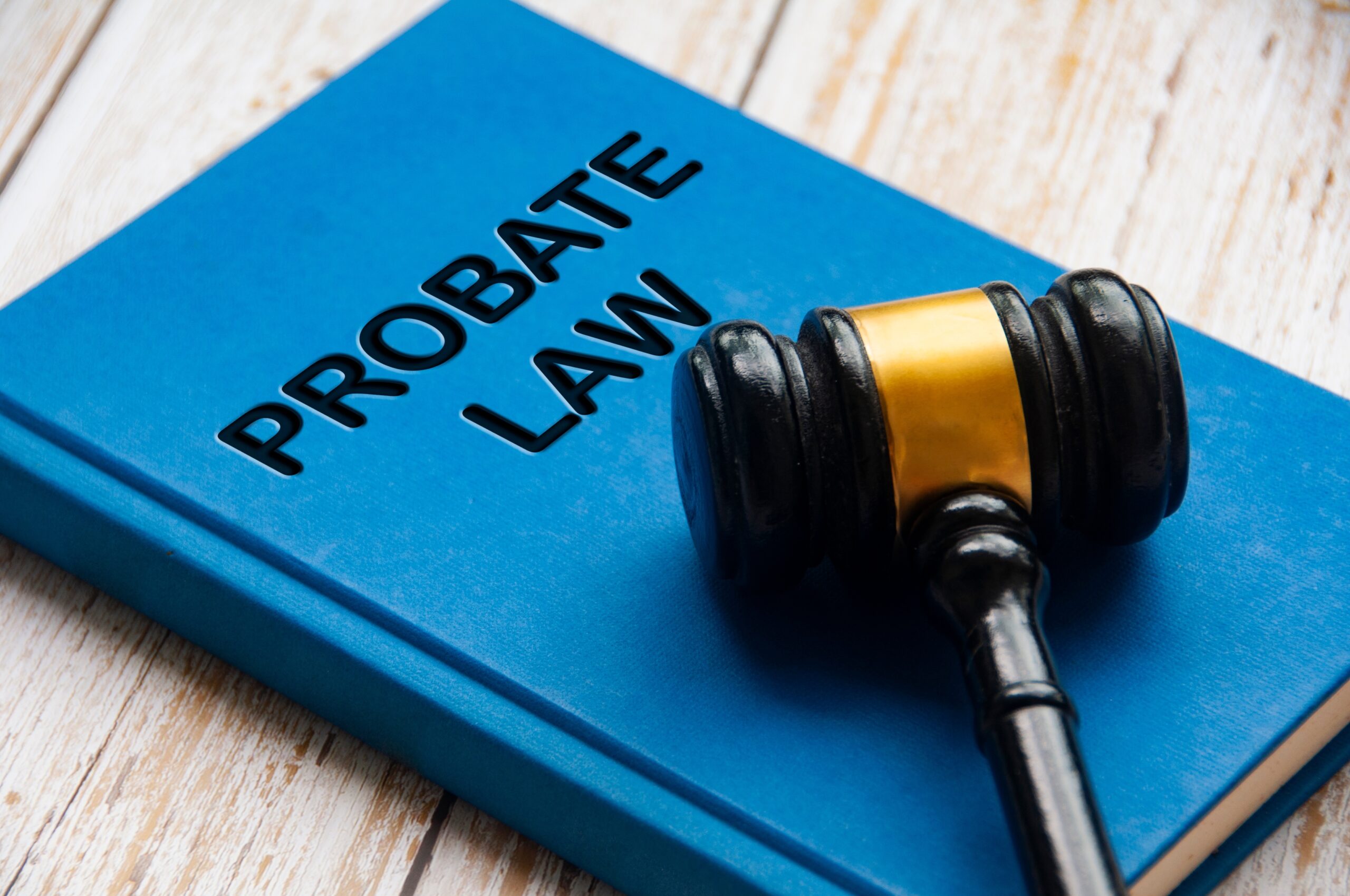Probate court, often shrouded in mystery and misconception, plays a crucial role in the legal landscape when it comes to settling the affairs of a deceased individual. It serves as the venue where the last wishes of the departed are scrutinized, debts are settled, and assets are distributed. In this comprehensive exploration, we will demystify the probate court, shedding light on its functions, processes, and the significance it holds in the realm of estate settlement.
Probate is a legal process that takes place after an individual passes away, ensuring that their debts are paid, and their remaining assets are distributed to the rightful heirs or beneficiaries. While the term “probate” may evoke a sense of complexity and formality, it is essentially a mechanism designed to safeguard the interests of all parties involved.
Functions of Probate Court:
- Validation of the Will: One of the primary functions of the probate court is to validate the deceased individual’s will. This involves a thorough examination to ensure its authenticity, proper execution, and compliance with legal requirements. If no will exists, the court will follow intestacy laws to determine how the estate will be distributed.
- Appointment of Executor or Administrator: The court appoints an executor or administrator to oversee the probate process. This individual is responsible for carrying out the wishes of the deceased, managing assets, settling debts, and ensuring a smooth distribution of the estate.
- Notification of Creditors: Probate provides a platform for creditors to make claims against the deceased individual’s estate. The court ensures that creditors are given proper notice, and a specific period is allocated for the submission of claims. This step is crucial in settling any outstanding debts.
- Asset Valuation and Distribution: The probate court oversees the valuation of the deceased’s assets. Following this, the assets are distributed according to the terms outlined in the will or in accordance with state laws if there is no will. This process includes addressing any outstanding taxes and ensuring a fair distribution to heirs and beneficiaries.
- Resolution of Disputes: Probate court serves as a forum to resolve disputes among heirs, beneficiaries, or other parties involved in the estate settlement. Common disputes may include challenges to the validity of the will, disagreements over asset distribution, or claims of undue influence.
- Final Accounting and Closure: Once all debts are settled, assets are distributed, and any disputes are resolved, the executor or administrator submits a final account to the probate court. Upon approval, the court issues an order to officially close the estate.
In essence, probate court plays a vital role in the orderly distribution of an individual’s estate, ensuring that the wishes of the deceased are respected, debts are settled, and assets find their rightful beneficiaries. While the probate process may seem intricate, it serves as a structured framework to bring closure to the legal aspects of one’s life, offering a safeguarded avenue for the fair and just distribution of assets in the aftermath of a loved one’s passing. Understanding the functions of probate court can empower individuals to navigate this process with clarity and purpose, turning what might seem like a complex legal maze into a manageable and just resolution.



